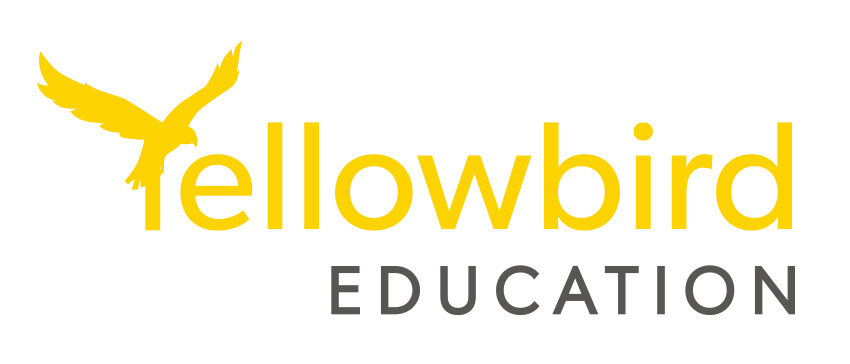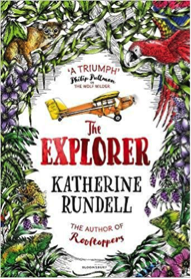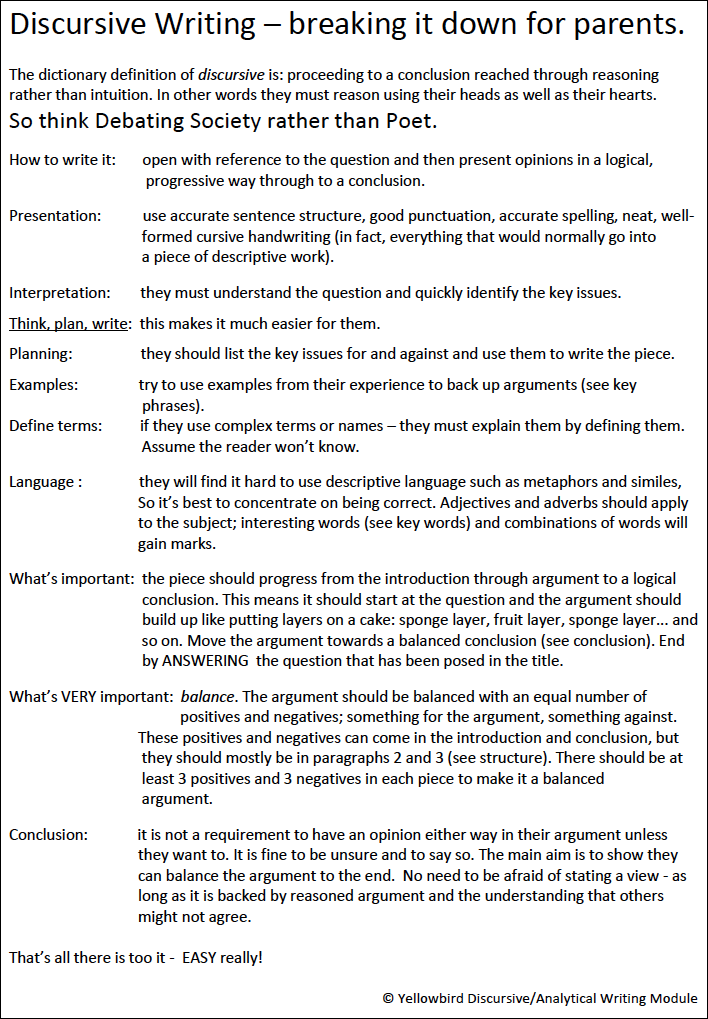Yellowbird Education Book of the Month, November 2017
/The Explorer, by Katerine Rundell.
Let me begin by saying that I loved this book. It's a mystery set in the Amazonian rain forest. This is a great alternative to Journey to the River Sea and much more likely to entertain... especially boys. Gripping, yes. Full of atmosphere, yes. Poignant, definitely.
After an Indiana Jones-style moment in a pre-war aeroplane, Fred, Lila, Con and Max crash-land in the jungle. They are forced to adapt quickly to their new surroundings in order to stay alive. You name it, they face it: piranhas, wild animals, ants, fire... The children need to get out of there fast; the only question is – how?
This doesn’t turn out to be too distressing (it isn’t a Lord of the Flies style book) so no need to worry about content for younger children with an older reading age. Great characters (I like Con) and beautiful descriptions of a wonderful (but sadly endangered) place. It’s clear that the author knows her stuff in that regard. The descriptions of the rainforest are vivid and detailed. There’s all the adventure of trapping animals, spearing fish and generally surviving the wild, but at the centre of this book is the mysterious explorer. On this I must remain silent, except to say this adds another rich theme to the book.
This should grab young readers and not let them go. Suitable for all nature-loving, action-loving children aged 10+ with the added bonus that they’ll learn about the rainforest too.
Yellowbird Education rating out of five:















